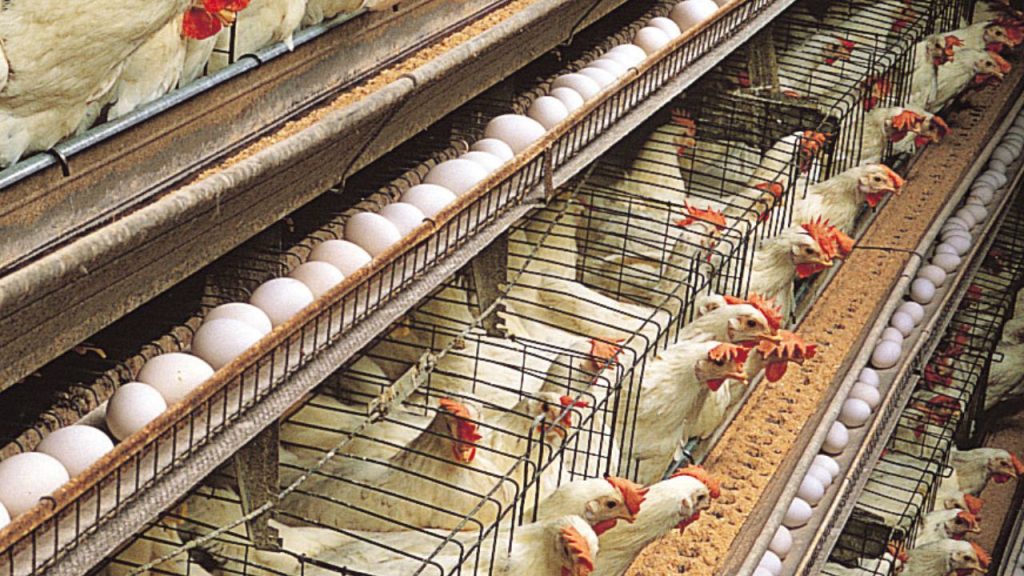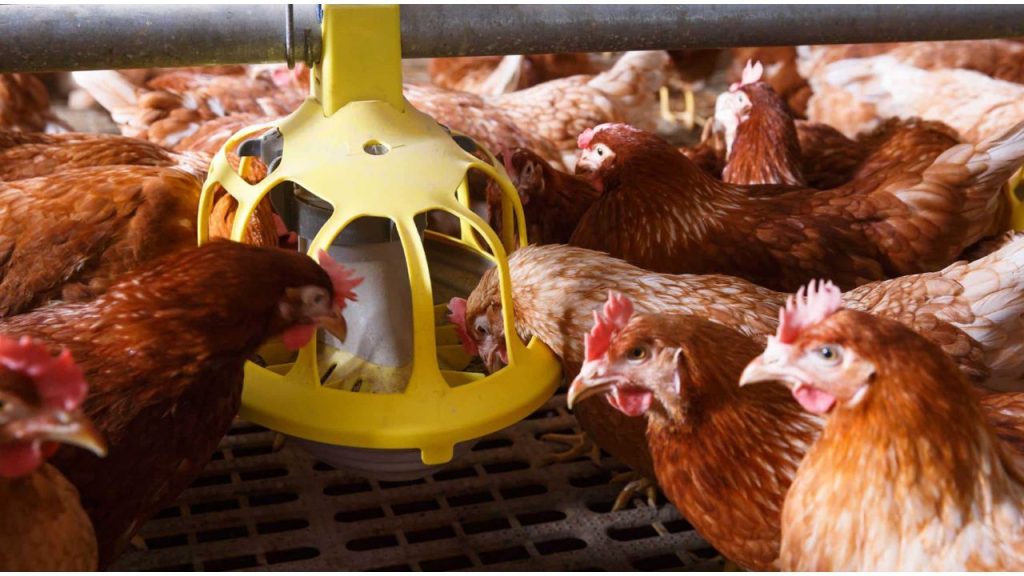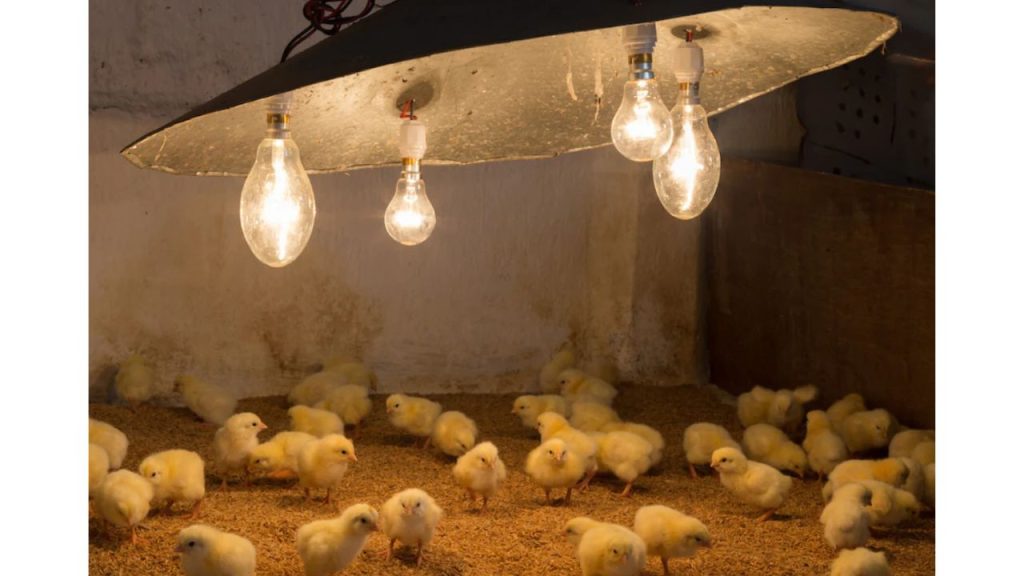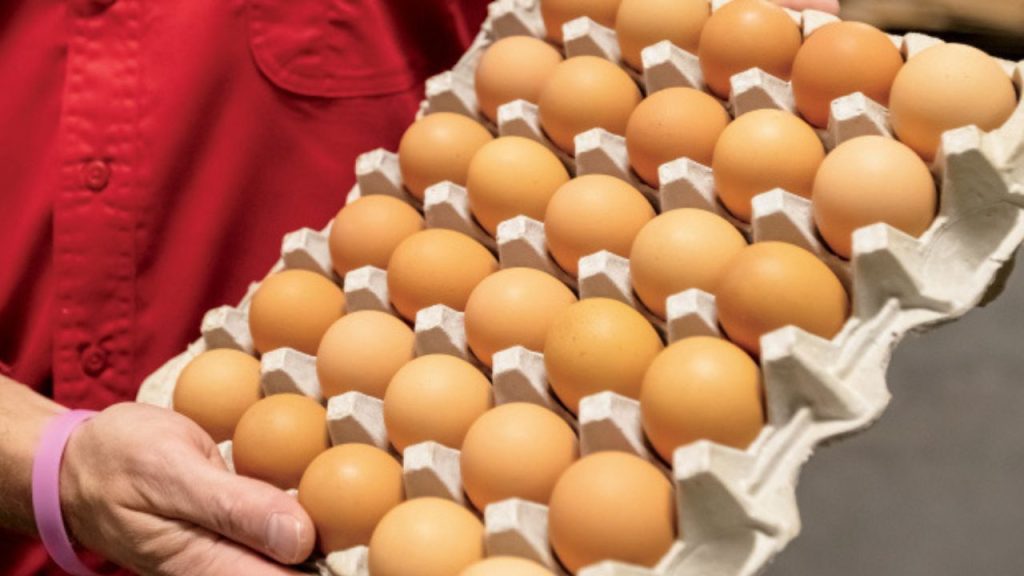10 Ways to Raise Chickens for Eggs and Meat Effectively
Raising chickens for eggs and meat is an age-old practice that provides self-sufficiency, sustainability, and a reliable source of high-quality protein. Whether you live on a large farm or have a small backyard, with proper planning and care, you can raise chickens effectively for both egg production and meat. This comprehensive guide covers the essentials—from selecting the right breeds to housing, feeding, health care, and processing—for successfully raising dual-purpose chickens.
-
Choosing the Right Breed
The foundation of a successful poultry operation begins with selecting the right breed. For dual-purpose production (eggs and meat), you’ll want breeds that grow well and also lay a good number of eggs.
Top dual-purpose breeds include:
- Rhode Island Red – Hardy, excellent layers (250–300 eggs/year), and decent meat birds.
- Plymouth Rock (Barred Rock) – Friendly, good layers, and meaty.
- Orpingtons (Buff Orpington) – Good meat quality and consistent egg production.
- Australorp – Known for exceptional laying and meat utility.
- Sussex – Calm, heavy-bodied birds that lay large quantities of eggs.
Choosing a breed that suits your climate and space availability is also crucial. Some birds handle cold better, while others are more heat tolerant.

-
Housing and Space Requirements
Chickens must need a clean, safe, and comfortable environment to thrive. Proper housing ensures protection from predators and harsh weather while encouraging egg laying and healthy growth. Click here
Key housing considerations:
- Coop Size: Each chicken needs at least 4 square feet of indoor space. Overcrowding can lead to stress, disease, and aggression.
- Run/Outdoor Space: Allow at least 8–10 square feet per bird in the run or yard.
- Ventilation: Ensure good airflow to prevent respiratory issues and reduce ammonia buildup.
- Nesting Boxes: Provide one nesting box for every 3–4 hens. Use straw or wood shavings to keep them clean.
- Roosting Bars: Chickens sleep off the ground, so install roosting bars inside the coop.
- Predator Protection: Use hardware cloth, sturdy latches, and dig-proof barriers to keep predators like raccoons, foxes, and hawks at bay.
-
Feeding for Optimal Health and Productivity
A well-balanced diet is essential for egg-laying hens and meat birds to develop properly.
Basic dietary needs:
- Starter Feed (0–6 weeks): High in protein (20–24%) to support rapid growth.
- Grower Feed (6–20 weeks): Moderate protein (16–18%) with balanced nutrients.
- Layer Feed (from 20 weeks): Includes calcium for strong eggshells and about 16% protein.
- Meat Bird Feed: Broilers or chickens raised for meat benefit from higher protein (20–22%) diets to promote fast and efficient growth.
Supplements and treats:
- Calcium (Oyster shell): Free-choice calcium helps laying hens produce strong eggshells.
- Grit: Necessary for digestion, especially if chickens are not free ranging.
- Scraps and greens: Chickens love kitchen scraps and garden greens but avoid giving them anything moldy or toxic (e.g., onions, chocolate, raw beans).
Clean, fresh water should always be available. In hot weather, provide shaded water sources and consider adding electrolytes.

-
Lighting and Egg Production
Hens need around 14–16 hours of light per day to lay eggs consistently. During winter months, you can install artificial lighting in the coop to maintain production.
Tips:
- Use a low-wattage bulb (LED or CFL) to supplement natural light.
- Put lights on a timer to ensure consistency.
- Gradually increase light exposure to avoid stressing the flock.

-
Managing Chickens for Meat
Raising chickens specifically for meat requires a slightly different approach.
Options for meat production:
- Dual-purpose breeds: Raised slower but offer good quality meat and eggs.
- Broilers (e.g., Cornish Cross): Specifically bred for meat, grow fast (6–8 weeks to market weight), but may suffer from health issues if not managed properly.
Key practices:
- Provide plenty of space to prevent leg problems.
- Use high-protein feeds and restrict feed in the evenings to manage growth.
- Monitor for signs of health issues like heart problems or leg deformities.
- Culling (selective harvesting) at the right time ensures tender, flavorful meat. Most dual-purpose chickens are harvested around 16–20 weeks, while broilers are ready in 6–8 weeks.
-
Health and Biosecurity
Maintaining a healthy flock is crucial for productivity and long-term success.
Common issues to watch for:
- Parasites (mites, lice, worms): Check feathers and droppings; use diatomaceous earth or poultry-safe treatments.
- Respiratory illnesses: Prevent with good ventilation and quarantine new birds.
- Egg binding: A condition where a hen is unable to pass an egg—treat promptly.
Biosecurity practices:
- Quarantine new birds for at least 2 weeks.
- Clean feeders, waterers, and coops regularly.
- Limit visitors and foot traffic in poultry areas.
- Wear dedicated clothing and boots for chicken care.
- Vaccinations and regular health checks from a poultry-savvy vet can prevent major outbreaks.
-
Egg Collection and Storage
For fresh eggs, collect them daily to avoid breakage, spoilage, or broody hens.
Best practices:
- Collect at least once or twice a day.
- Store all eggs in a cool, dry place or refrigerate.
- Clean only if dirty and avoid washing unless necessary (unwashed eggs retain their protective bloom).
- Label eggs with the date collected and use older ones first.

-
Processing Chickens for Meat
When the time comes to process your chickens for meat, humane and sanitary practices are vital.
Steps include:
- Fasting the bird for 12 hours (with water).
- Humane killing, typically via cone and throat cut.
- Scalding in hot water (~145°F) for feather removal.
- Plucking feathers manually or using a plucking machine.
- Evisceration, removing internal organs.
- Cooling, typically in ice water for several hours.
Packaging and storage: Use vacuum sealers or freezer-safe bags and store meat at or below 0°F.
Always follow local laws and health codes if selling meat. Click here
-
Sustainability and Waste Management
Raising chickens offers many sustainability benefits, including waste reduction and natural fertilization.
Sustainable practices:
- Composting: Use manure and bedding for composting to enrich garden soil.
- Garden integration: Chickens can help control pests and till the soil.
- Scrap feeding: Chickens turn food waste into eggs and meat.
Rotate pastures or chicken runs to avoid overgrazing and maintain a healthy environment.
-
Record Keeping and Financial Planning
Whether you raise chickens as a hobby or business, keeping records helps optimize performance.
Track:
- Egg and meat production.
- Feed consumption and costs.
- Health treatments and mortality.
- Breeding and hatching results.
Use this data to assess profitability, make breeding decisions, or adjust feed and housing.
Conclusion
Raising chickens for both eggs and meat is a rewarding endeavor that promotes self-reliance and food security. With careful breed selection, proper nutrition, suitable housing, and consistent health management, you can build a productive flock that meets your household’s needs or even generates income. Whether you’re starting with a few hens or managing a larger operation, the keys to success are knowledge, consistency, and a commitment to animal welfare.
By applying these principles, you’ll enjoy fresh eggs daily, quality meat when needed, and the satisfaction of nurturing a sustainable food source right in your backyard.

